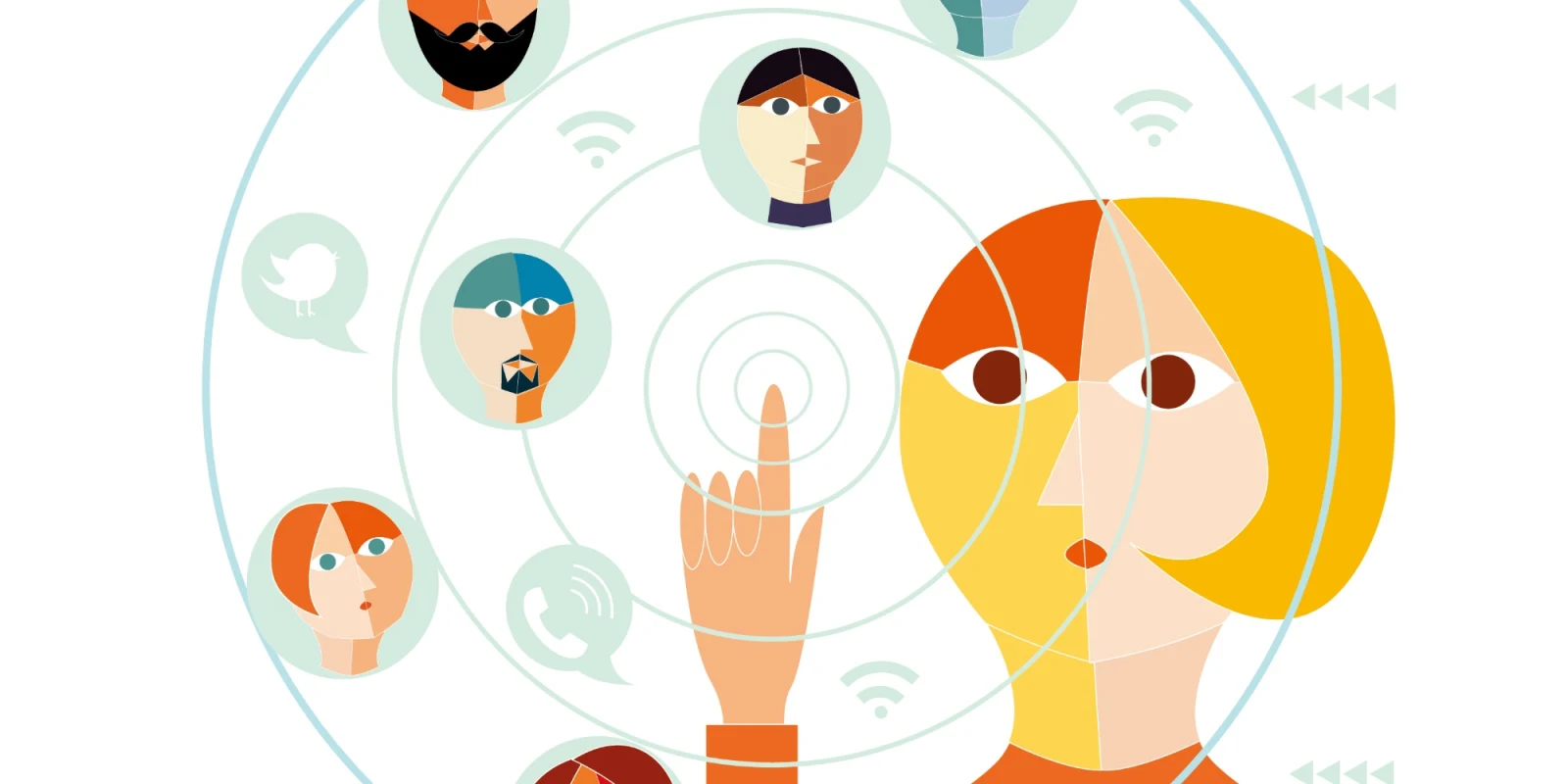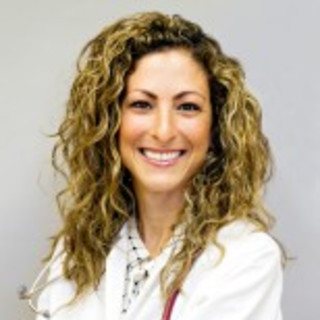
I often ask myself just how ridiculous of a claim one can make on social media, and still have that claim go viral.
Could one, for example, get away with:
I've cured Ebola. All it takes is some humming and a sit-up?
Or:
Want to invest in my three-minute weight loss program? You'll be size 2 by tomorrow?
Or even:
I found magic crystals—put them in your pocket and the aging process will reverse?
Say Anything.
It's so easy to say anything these days. You can even get people to share that "anything," spreading it faster than the wave at a packed Yankees game.
All it takes, really, is just a keyboard or smartphone device, and some fingers that type. You don't even really need fingers, honestly, because voice recognition works, too. And you don't even really need a voice, for that matter, because technology-forward inventions like eye-tracking interfaces are taking communication to a whole new level these days.
Just take a look at the work of an old friend from UCLA, neurosurgeon Nader Pouratian, MD, whose work can be seen in this video and puts sci-fi sequences to shame.
Now's the Time.
Because of the ease with which unchecked, potentially-viral material is created, we've now reached a point where we need to be scared. As information becomes more accessible, we are less able to decipher the differences between what's real and what isn't, in a virtual world in which we seem to do it all—speak, share, learn, make financial transactions, and essentially live our life.
Medicine, especially, is encountering a trending uptick in online-generated pseudoscientific-based beliefs. They aren't backed by evidence, but instead, are anecdotally birthed. Stealthily sliding into our news feeds, these claims lay low, appearing rather harmless, but then somehow pounce into real life, subsequently squeezing in through our clinic doors. I, for one, as a general practitioner, encounter them daily.
Don't get me wrong, I take no issue with patient self-education. In fact, I highly encourage it.
There's nothing more reassuring to me than having patients involved in their health, from both the prevention and treatment ends. But what does frighten me is the amount of crap piled up on the internet, and our inability—because of a mix of good intentions & innocence—to pick up on the hypothesized versus the proven.
So what are doctors who see so much junk out there to do? Especially when they see the junk penetrating patients' heads and then spewed with infectious veracity—regurgitated right there in the exam room—straight into the doctor's lap?
They start a mission, that's what, and vow to get right smack dab into the middle of it all, down to the source of the pseudoscience itself.
It's exactly what we've done.
Our Mission.
Like the Ghostbusters, we take to fighting that strange-something in our neighborhood. Except that we're facing a much greater threat, in my opinion (I consider healthcare threats scarier than ghosts, personally). We've banded together, some of us calling ourselves SoMeDocs (SoMe being short for social media), and setting out to squash the B.S.
While many of us, the collective SoMeDocs lend our voices to evidence-based truths, and often make a difference, we sometimes also encounter negative pushback. Partly to blame is the traditional mindset of medicine, which dictates to the more vocal among us to take a backseat on exposure and remain silent and private, properly poised behind our white coats. This, of course, is changing, most recently exemplified in a NEJM article, in which my colleagues, Drs. Silver and Shillcutt, point to successful advances in gender equity using social media as a resource.
The other source of pushback is patients themselves, who view physicians airing healthcare grievances online as "rich whiners." No one wants to hear successful whiners complain, they say.
Allow several seconds for the physicians among you to gasp as you realize that this, indeed, is what some readers think
But that's exactly who you'd want advocating for you—those on the front line. Wouldn't you?
The Double Standards.
Which brings me to a few double standards I'd like to point out here (with a double standard defined as a rule or principle that is unfairly applied in different ways to different people or groups.) Feel free to comment on them, as I raise the points to simply start a discussion.
It's a double standard to support social media platforms and to open those platforms up to anyone, regardless of credentials, while at the same time, hoping to silence those who are actually educated in the field and would like to contribute to the conversation.
It's a double standard to use wide-reaching platforms to bad-mouth what we do (especially on a personal level, like when a doctor gets bashed on social media), but then gag our ability to defend ourselves because we 'should be better than that', or even worse, because it's the law (ie HIPPA) for us to say anything in our own defense.
It's a double standard to want the best doctors out there treating you—the ones who spend all those years of hard work and sacrifice earning the title—but then call them whiny (and even worse, greedy) when they speak on the financial value deserving of their services. It's especially true now, as payments for services are being taken away (ie less value on what we do, in a field that should continue to attract the best of the best, candidate-wise).
It's a double standard to want physicians to advocate for patients, but not for themselves. We benefit mutually when the patient is happy, and when the doctor is happy, too.
It's a double standard to expect physicians to remain behind anonymous walls, hiding their private lives to maintain what's perceived as emotional superiority because, well, we're just as vulnerable as everybody else. As more and more people engage regularly in social media, we can't be expected to not log in. Besides, burnout is on the rise, and with that, so are the rates of physician suicide (in 2018, being a doctor became the riskiest profession for suicide.
Overcoming the Double Standards.
Will the double standards end?
I imagine, at the least, that the gap will narrow, as more doctors use social media. I imagine physicians will use it to routinely get their messages across.
We can certainly get there faster, by curbing judgement and embracing the fact that pseudoscience does exist. It's probably fairly obvious for me to say that not everything you read on the internet is to be believed; that all written word is to be taken with a grain of salt. But I'll start there, and let this commentary serve as the spark for a very necessary conversation, years in the making - one that I hope will not only end the double standards but also welcome our inclusion in online exchanges.
Let's embrace physician presence on social media. Let's start meaningful, intelligent discussions, and let's get to changing healthcare (and ending pseudoscience) together!






